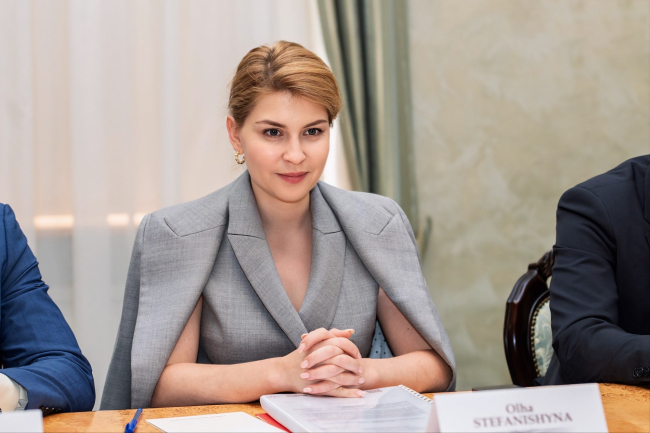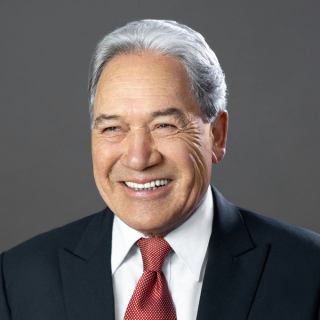Democratization, development and governance reforms in the Democratic Republic of Congo: the work of the international community seen from the grassroots

Practical information
Themes and regions
Related centers and programs
Registration for this event is now closed.
Find out more about our donor programsIfri's Sub-Saharan Africa program organizes a seminar around : David Ambrosetti, Researcher, CNRS, Paris ; Alexis Bouvy, Technical/Analysis counsellor, Life & Peace Institute; Rory Keane, policy analyst, OCDE, International Network on Conflict and Fragility ; Marc André Lagrange, Emergency humanitarian action's expert, Head of mission within Comitato Internazionale per lo Sviluppo dei Popoli, (C.I.S.P) ; Florence Liégeois, Head of DRC programs, RCN Justice & Démocratie ; Véronique Moufflet, anthropologist and coordinator for Protection within Comitato Internazionale per lo Sviluppo dei Popoli, (C.I.S.P) in DRC in 2008 an 2009 ; Steven Spittaels, Researcher at the International Peace Information Service (IPIS), Antwerp ; Théodore Trefon, Head of department, Royal Museum for Central Africa, Tervuren, Belgium ; Bill Yates, International Alert, London ; . Presidency : Thierry Vircoulon, Associate fellow within Ifri's Sub-Saharan program
The seminar will be held in French
Seminar thematics: The international community - understood here in a narrow sense, comprising UN agencies, international financial institutions, multilateral and bilateral aid agencies, and foreign non-governmental organizations - has played and still plays a major role in the Democratic Republic of Congo. Since the end of what was once called “Africa"s Second World War" and the signing of the Global and All-inclusive Agreement in South Africa, the international community has invested in supporting the country's delicate political transition (2003-2006), and the new regime elected in 2006.
Its forms of engagement are diverse: they range from food distribution to internally displaced persons in the Kivus, to budget support in the education sector. Working methods are equally diverse: ranging from "policy advice" given by the IMF to the government, to "advocacy" and the denouncing of human rights violations by Human Rights Watch. Its actors are also diverse: development agencies, UN agencies, churches, international NGOs and private businesses. However, its goals are less numerous and can be summarized briefly: democratization, development, and governance reforms.
In this context, major international donors, who guide the agenda for the development community in the DRC, heavily rely on project aid and on international NGOs to implement this agenda. This subcontracting system constitutes one of the pillars of the international community"s activities, and shatters the traditional image of NGOs as mere suppliers of humanitarian aid. In the Democratic Republic of Congo, as in all other post-conflict countries, NGOs act within an extremely broad and diverse scope, that goes well beyond humanitarian assistance: they are indeed mandated to implement institutional reforms, entrench democratic culture, and conduct development activities of varying magnitude. They are placed de facto in a position that is both delicate and strategic, in between institutional donors and local recipients of aid.
The objective of this seminar is to develop a reflection on this unusual and little known aspect of the work of NGOs and the international system of aid, from a country case-study, the Democratic Republic of Congo. Several representatives of international NGOs involved in the areas of democratization, development and governance reforms for a number of years will present their interventions and the lessons that we may draw from these. The following issues will be particularly studied and discussed:
- the specificities of NGO interventions in these sectors
- the dynamics of relations between international NGOs / donors / recipients of aid
- the constraints and opportunities of this system of implementation of international assistance.
To get more information about this conference, please feel free to contact Sylvain Touati : Email : [email protected] ; Tel : +33 (0) 1 40 61 60 86
Speakers
Related Subjects
Other events

Navigating War, Reforms, and Secure Future: Ukraine’s EU and NATO Accession Path
Exclusive conve

Lunch debate with Winston Peters, Deputy Prime Minister and Minister of Foreign Affairs of New Zealand
Discussion co-chaired by Thierry de Montbrial, Executive Chairman of Ifri, member of the Academy of Moral and Political Sciences, and Marc Hecker, Deputy Director of Ifri (in English without translation).

Shaping Europe’s Technological Sovereignty
In the wake of Donald Trump's re-election in the United States, Europeans face a crucial imperative: rethinking their sovereigny, especially in the technological realm. What will be the strategic priorities and action levers of the new European Commission on this issue? What assessment can we make of the previous Commission’s achievements and challenges in navigating Sino-American technological competition, transatlantic dependencies, and emerging global partnerships?











